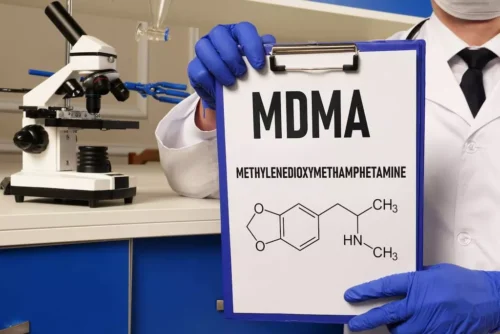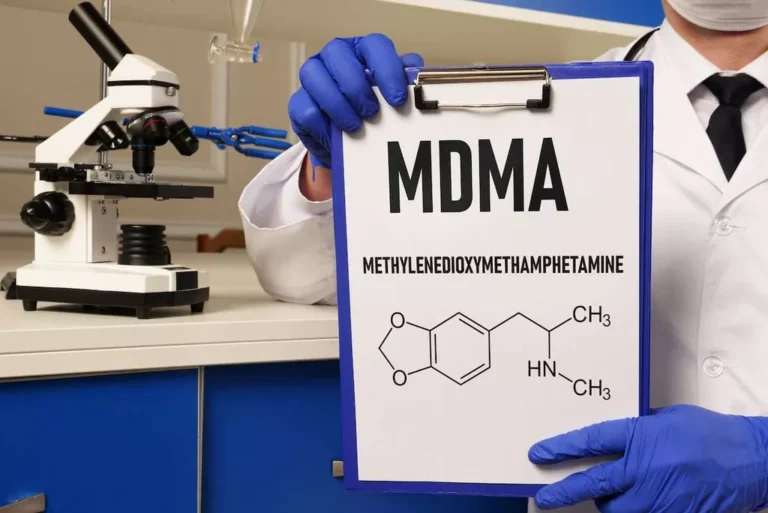
For AUD, group approaches such as AA and other twelve-step addiction programs are common. By way of example, a person must meet five of nine possible criteria for NPD to be diagnosed, ranging from grandiosity to a lack of empathy. Personality disorders like NPD are those in which a person has a rigid and unhealthy pattern of thinking, functioning, and behaving. Substance use disorders like AUD are characterized by mental and physical addiction.

Treatment and Management for Alcoholic Narcissists
If you frequent a lot of bars, you’ve probably noticed that alcohol brings out the narcissist in everyone and tends to amplify a true narcissist’s most unpleasant characteristics. Preliminary analyses were conducted to determine the ranges and distributions of variables. Two participants were considered multivariate outliers and excluded from the analysis due to unreliable response style. Additionally, 36 participants were excluded from the analysis because they took the survey in less than 600 seconds (10 minutes). The final analysis sample was 345 participants, which represents about 90% of the original 383 participants.
You feel isolated
It can be hard to hold a connection with someone who appears to only think about themselves. A loved one’s drinking and selfish behavior can be devastating and cause a great deal of pain and disappointment. If you’ve ever wondered if your loved one’s issues involve only their drinking problem or may in fact involve narcissism as well, consider the following symptoms. This means that they don’t like to seriously think about their behaviors. They avoid reflecting on their insecurities and lack of self-esteem by drinking.
Treatment & Support
Alcohol use disorder is a type of substance use disorder where a person cannot control or stop their alcohol use. I worked in drug and alcohol rehab for a short time in my 20s after I got my psychology degree and I’ve trauma bonded to many narcissists in my life. Her fields of interest include Japanese what is alcoholism translation, cooking, natural sciences, sex positivity, and mental health, along with books, books, and more books. In particular, she’s committed to helping decrease stigma around mental health issues.
- Understanding how these two separate disorders are similar may offer some insight into the type of addiction treatment that would be most beneficial.
- In order to get a diagnosis of AUD, you have to fit certain diagnostic criteria as set out in the Diagnostic and Statistical Manual of Mental Disorders, 5th edition, Text Revision (DSM-5-TR).
- Vulnerable narcissism features traits like low self-esteem, helplessness, and rejection sensitivity.
- CBT is an evidence-based therapy that teaches methods to improve interpersonal communication and coping skills.
Why Narcissists Are at Risk of Alcohol Addiction

The current study contributed to the literature in the following ways. Third, this study differentially evaluated the relationship between grandiose and vulnerable narcissism and alcohol outcomes. The findings of this study have potential implications for future treatment and research. For example, different prevention and treatment methods can be developed for individuals high in either grandiose or vulnerable narcissism. Treatment programs for vulnerable narcissists might focus on negative expectations while grandiose narcissists might need to focus more on recognition of problems. Future research should evaluate potential mechanisms driving these associations, such as mediators that might explain associations or moderators that might strengthen relationships found in this study.

Signs of Substance Use Disorders
However, beneath their outward appearance of humility, they still prioritize their own needs and desires above others and struggle with empathy and genuine emotional connection. Vulnerable narcissists, on the other hand, suffer an underlying sense of insecurity, hypersensitivity to criticism, and fragile self-esteem. On the other hand, their mask could start to slip, giving you a glimpse of the vulnerable inner self hiding behind the narcissist’s disguise.
Mental Health
- Alcohol can provide a temporary sense of being cared for or admired, which is particularly appealing to individuals with an underlying sense of emotional deprivation.
- With any mental health condition, the outlook is almost invariably better if you are treated than not treated.
- Narcissism and alcoholism are two distinct conditions but share some traits.
- In particular, she’s committed to helping decrease stigma around mental health issues.
A narcissistic personality is characterized by grandiosity, self-absorption, and a lack of empathy. Meanwhile, alcoholism is an addiction to alcohol that adversely affects a person’s physical and mental health. At Sabino Recovery, a renowned addiction treatment center, you will have access to expert resources and support tailor-made to the alcoholic narcissist treat the psychological and emotional consequences of alcoholic narcissism. They will support you through the journey of overcoming addiction and dealing with the underlying personality issues, which will ultimately pave the way for a healthier, happier life. The coexistence of NPD and alcohol addiction can lead to a range of mental health disorders, including depression, anxiety, and distress.
Two Types of Narcissism
For some people, alcohol use becomes regular and problematic and may lead to dependence. Sian Ferguson is a freelance health and cannabis writer based in Cape Town, South Africa. She’s passionate about empowering readers to take care of their mental and physical health through science-based, empathetically delivered information. To get started, contact a doctor or other healthcare professional, or reach out to a therapist. People with NPD tend to have difficulty receiving criticism from others, and as such, they might find it difficult to commit to psychotherapy and lifestyle changes.

- You can survive the experience by applying the techniques listed above, but at some point, you will have to bring up the subject of treatment.
- NPD increases the risk of alcohol misuse as a means to escape difficult emotions.
- A narcissistic personality disorder causes problems in many areas of life, such as relationships, work, school or financial matters.
- Because a person with NPD will often approach therapy with ambivalence or negative feelings, they are more likely to discontinue therapy early or have a harder time tolerating the discomfort of the treatment process.
- People with alcohol use disorder, also known as alcoholism, can display patterns of narcissism, including self-absorption and an underlying craving for admiration.
They may also garner respect for being able to consume more than others or for their willingness to engage in risky behaviors while drunk. Drinking alcohol may be a way for them to project a carefree and fun-loving image, further bolstering their grandiose self-image. Alcohol can provide a temporary sense of being cared for or admired, which is particularly appealing to individuals with an underlying sense of emotional deprivation.
Signs of narcissistic abuse
About 50% of people with one disorder will develop at least one more co-occurring mental health problem in their lifetime. Yes, it is common for individuals with narcissistic personality disorder to struggle with substance abuse. This is because they may use drugs or alcohol to cope with feelings of inadequacy or enhance their sense of superiority.
